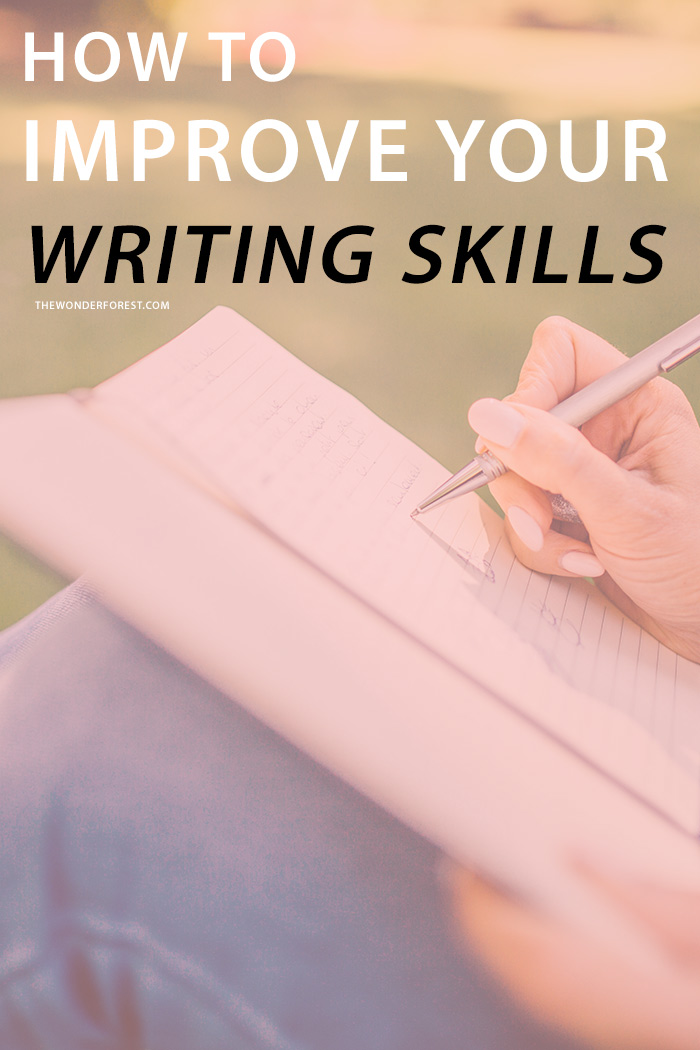
Whether you’re a blogger, student, or aspiring author, learning to improve your writing is a skill that can be used for years to come. With a little practice, research, and creative choice, you’ll be on the right track. Here are some tips for becoming a better writer:
Grammar Matters
Brushing up on the basics of grammar and spelling is a must for any writer. Spend some time learning the correct uses of punctuation and basic rules for written English. It’s important to remember that we don’t stop learning after school! If you take a little time to research a phrase, paragraph, or word you are unsure about, that knowledge can carry on into future writings. Grammarly can help you if you’re in a bind!
Practice, Practice!
There is no better way to get better at writing than to practice! Whether you’re oldschool like myself and like to use notebooks or you prefer to use a keyboard, get into the habit of writing often. Invent some short stories or write some journal entries to get into the flow. Make writing a part of your routine. The more you write, the more your own style will shine through and the more confident you will become!
Read More
Reading allows you to subject yourself to a variety of different writing styles. Some of the best writers are avid readers! As you’re reading, make mental notes of how the author uses grammar and punctuation. What makes their work flow? Expand your reading horizons and try not to stick to just one style. For example, reading blog posts all the time vs. picking up an actual book.
Swap Words
Being repetitive with your choice of words can limit what you are capable of. If you find yourself writing a piece that mentions the same words or terms often, get a little more creative and swap those words for similar ones with the same meaning. Using a thesaurus can be a huge help! This doesn’t mean that you have to use more complex words throughout the entirety of your writing, but mixing it up a little will keep your reader focused while still getting your point across.
Outline It!
Staring at a blank page can make anyone feel like there is a big task ahead. Filling it is much more easily done if you create an outline first. Break down the different ideas or aspects you wish to write about into headings. This will allow you to focus on one area at a time instead of jumping all over the place.
Edit, and Then Edit Some More
A final piece of writing doesn’t have to be complete as soon as you write the last sentence. Review your own work and be your own critic. Are there things you could have done differently, or similar words you could have used in place of more repetitive ones? Check the flow of your work and determine if there are any ways you can improve what you’ve written.
Writing Prompts
There are so many online resources that can help you improve your writing. Try checking out the Writing Prompts Reddit group if you need some extra practice, or search Pinterest for “Writing Prompts” to pull up hundreds of topic ideas to get your brain and pen flowing.
Do you have any other tips to add?
Last Updated on
